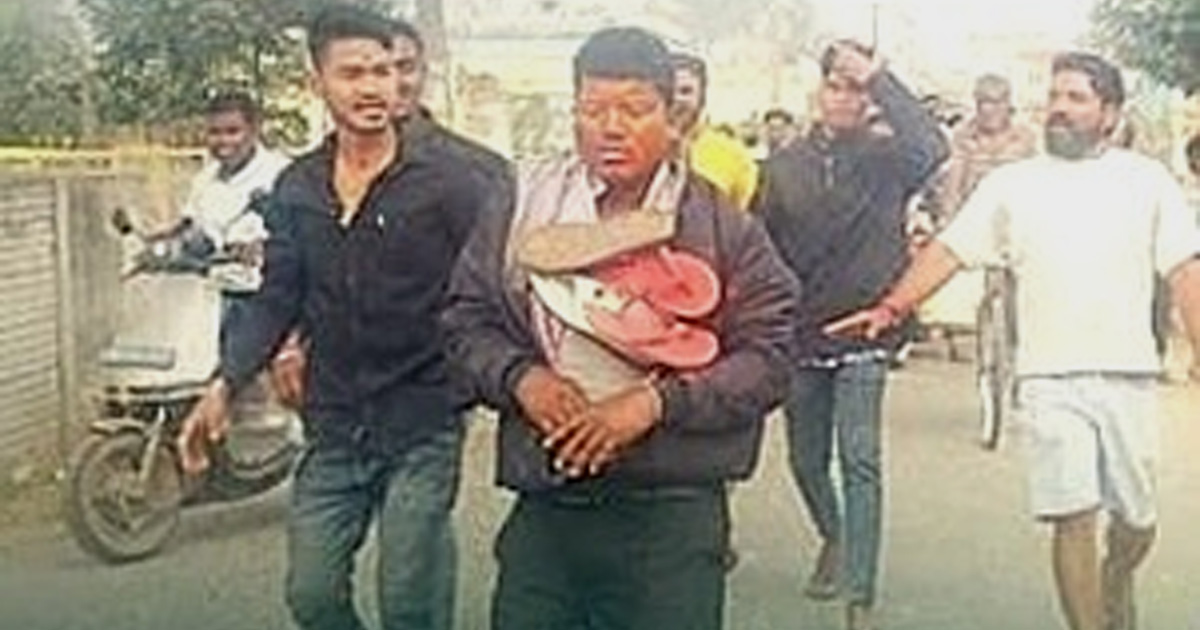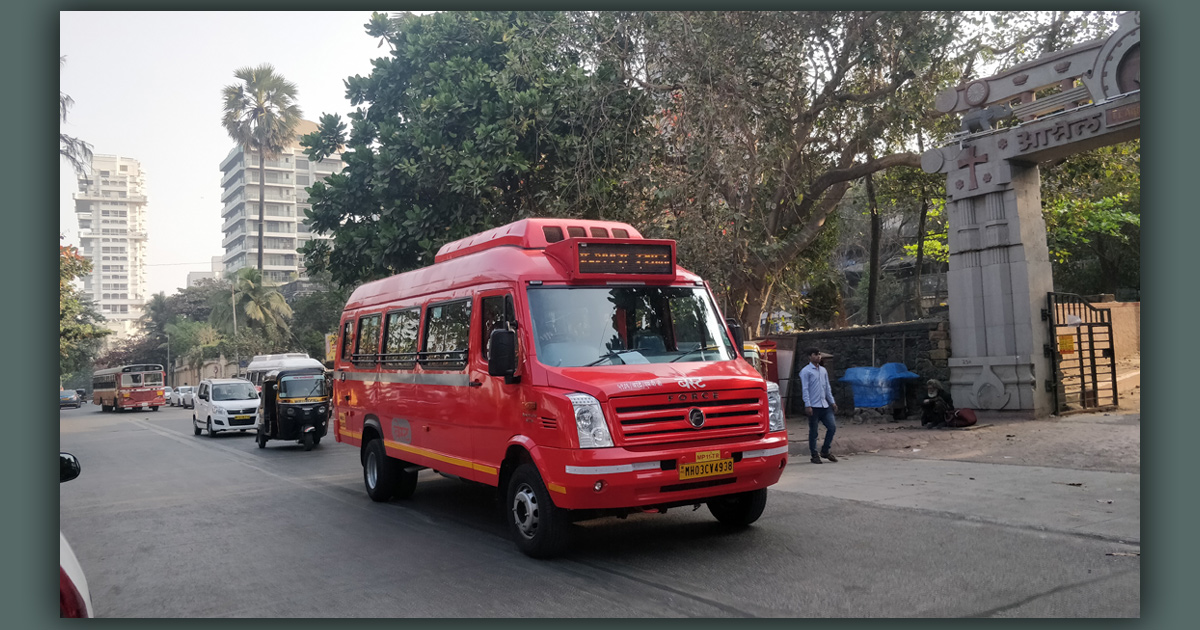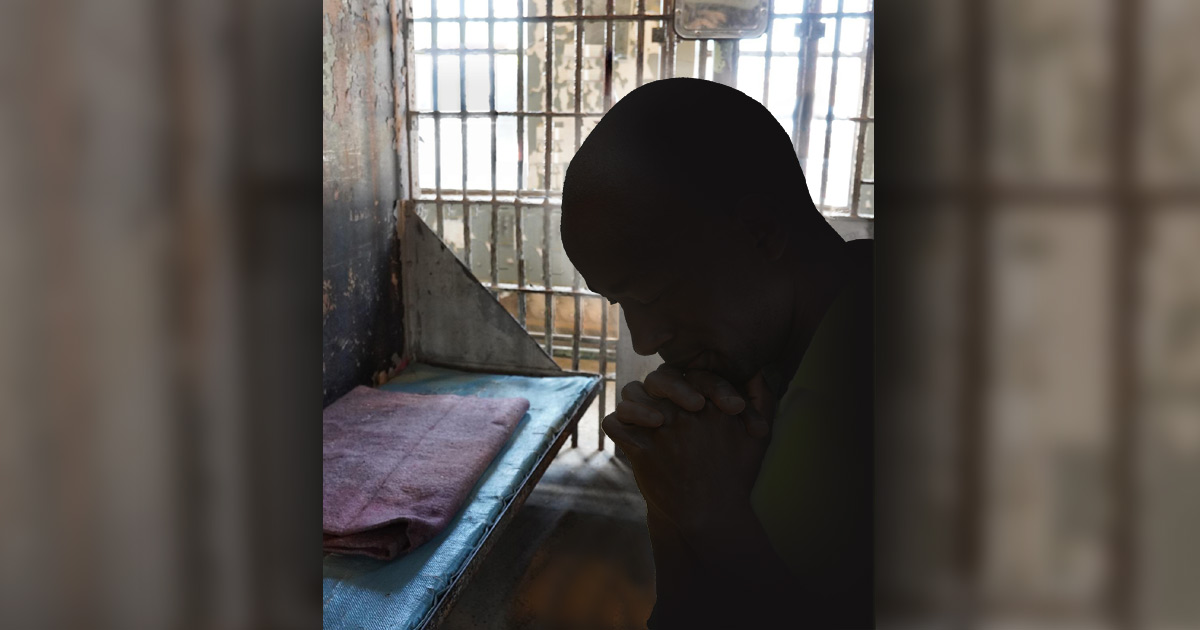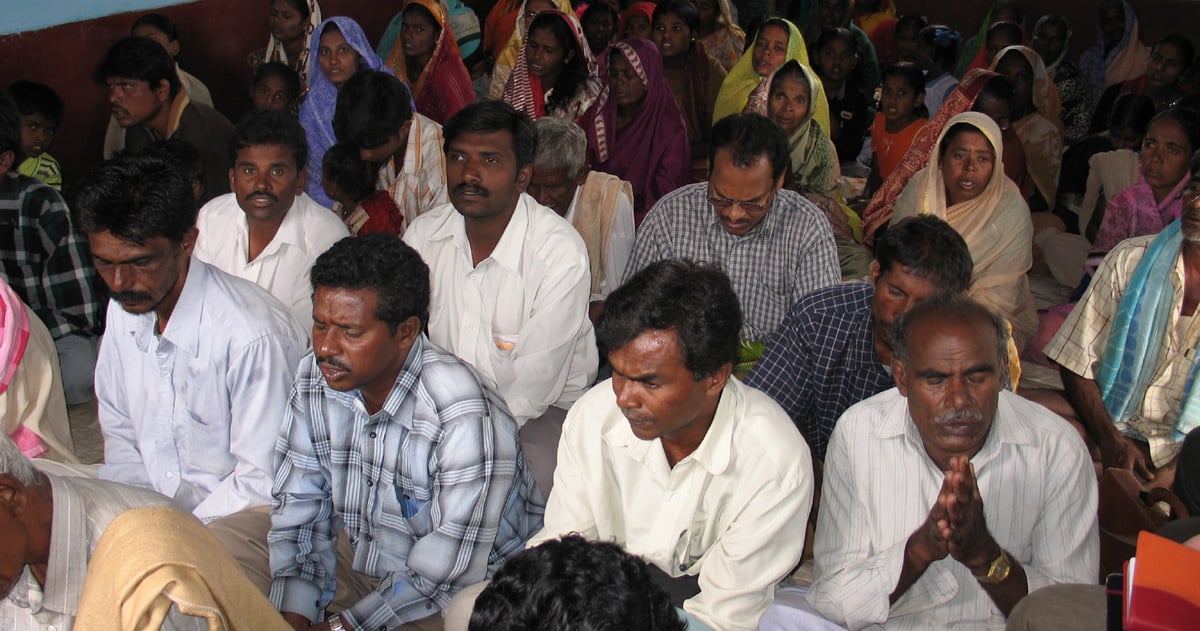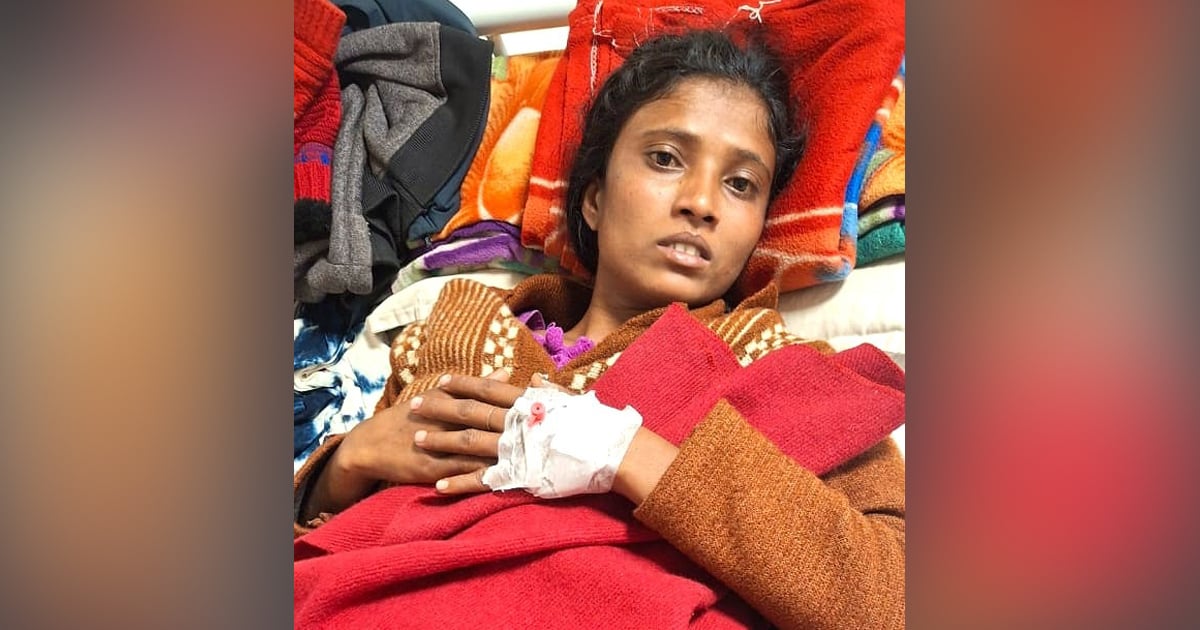
Photo: Morning Star News
Kunika Kashyap was more than six months pregnant when she went to visit another Christian in her village who had been ill. While Kunika was sitting at the ailing believer's bedside, a relative of hers named Ganga Ram Kashyap began recording the pregnant Christian woman on his mobile phone, hoping to obtain video evidence of her praying.
When Kunika objected and swatted at his hand, Ganga Ram – who serves as the local village chief – suddenly began to physically attack her. Ganga's wife and daughter then joined in the assault, which included strangling, kicking and beating the pregnant woman. According to Kunika's husband, Mandu, "It was only God's doing that enabled her to escape from three people [who were] continuously beating her from all sides."
As a result of the attack, the young woman was taken to the hospital, where it was determined that she had lost her unborn child. Police have filed a report against Ganga Ram and his wife, but no arrests have been made. "Ganga Ram has big contacts," Kunika's husband explains. "Nobody will be able to harm him." The assaulted Christian woman believes the attack was committed in reprisal for her alleged conversion activities within the community. "We are often told we are trying to convert Hindus to Christianity, and [that] we don't want to live peacefully with them. This is not true," states Kunika.
Allegations of forced religious conversions are a major reason for the opposition that Christians face in India. In part, this is because the church is growing in many areas of the country. To access previously published information on the many challenges being encountered by our Christian family in India, go to our country report.
- In the aftermath of their lost unborn child, please prayerfully remember the grieving parents, Kunika and Mandu, asking the Lord to provide them greatly needed comfort, healing and peace.
- Also pray for Kunika's physical recovery as this young Christian woman recuperates from her various injuries.
- In the midst of increasing intolerance towards Christians in India, may God provide many opportunities for our persecuted brothers and sisters in Christ to extend His love, mercy and grace to those around them.

 Population
Population